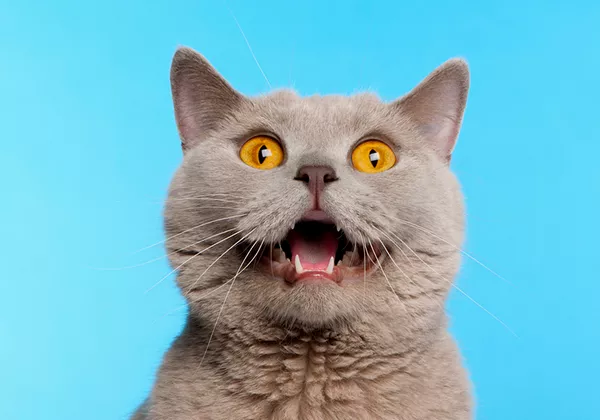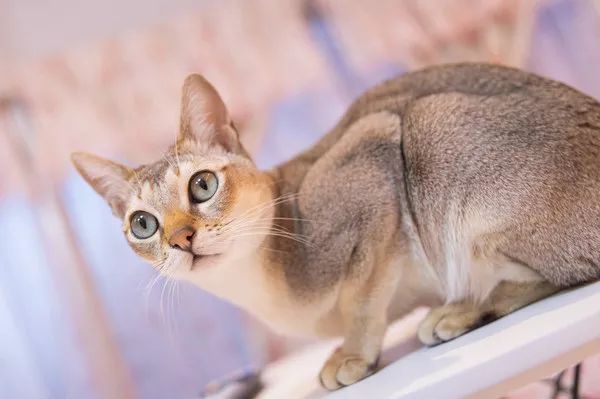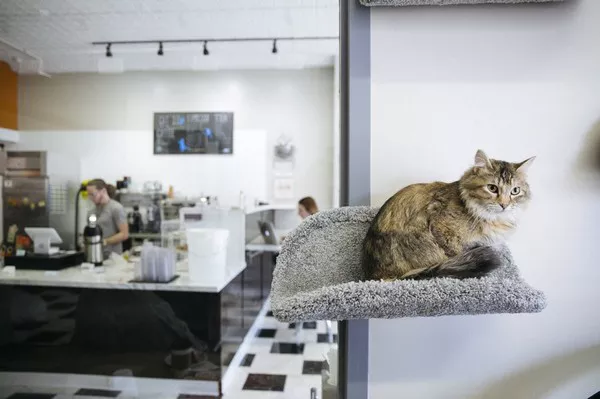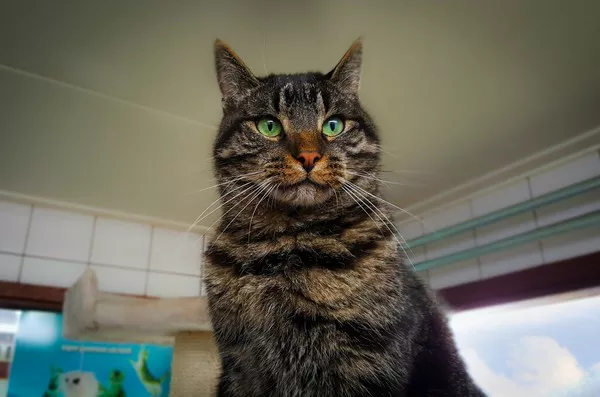Peanut butter is a popular treat enjoyed by humans worldwide, thanks to its creamy texture and nutty flavor. However, when it comes to sharing snacks with our feline companions, pet owners often wonder whether peanut butter is safe for cats to consume. In this comprehensive article, we delve into the topic of cats and peanut butter, exploring the potential benefits, risks, and safety considerations associated with feeding peanut butter to cats.
Understanding Peanut Butter:
Peanut butter is a spread made from ground, roasted peanuts, often mixed with additional ingredients such as salt, sugar, and hydrogenated oils for flavor and texture. While peanut butter is a staple in many human diets and is generally considered safe for human consumption, its suitability for cats raises important questions regarding feline health and nutrition.
Is Peanut Butter Safe for Cats?
While peanut butter is not inherently toxic to cats, it is not an ideal or recommended food for feline consumption. There are several factors to consider when assessing the safety of feeding peanut butter to cats:
Nutritional Value: Peanut butter is high in fat and calories, which can contribute to weight gain and obesity in cats if consumed in large quantities. Additionally, peanut butter may contain added sugars and salt, which are not suitable for a cat’s dietary needs.
Allergies: Cats, like humans, can develop allergies to certain foods, including peanuts. While peanut allergies are relatively rare in cats compared to humans, it is possible for a cat to have an adverse reaction to peanut butter, resulting in symptoms such as vomiting, diarrhea, or itching.
Choking Hazard: Peanut butter has a thick, sticky consistency that can pose a choking hazard, particularly if a cat consumes a large amount in a single sitting or if it becomes lodged in the throat.
Xylitol Toxicity: Some peanut butter brands contain xylitol, a sugar substitute commonly used in sugar-free products. Xylitol is highly toxic to cats and can cause severe hypoglycemia (low blood sugar) and liver failure if ingested. Therefore, it is essential to check the ingredients list for xylitol before offering peanut butter to your cat.
Digestive Upset: Cats have sensitive digestive systems, and introducing new foods, such as peanut butter, can lead to gastrointestinal upset, including nausea, vomiting, and diarrhea.
Potential Benefits of Peanut Butter for Cats:
While peanut butter may not be an essential part of a cat’s diet, some pet owners may wonder if it offers any potential benefits for feline health:
Protein Source: Peanuts are a good source of plant-based protein, which is essential for supporting muscle health and overall well-being in cats. However, cats require animal-based proteins for optimal nutrition, and peanut butter should not be relied upon as a primary protein source.
Mental Stimulation: Offering a small amount of peanut butter as an occasional treat can provide mental stimulation and enrichment for cats, especially if presented in a puzzle feeder or interactive toy.
Medication Administration: In some cases, peanut butter can be used as a vehicle for administering medication to cats, as its palatable taste and sticky texture may help disguise the taste and smell of medications.
Safety Tips for Feeding Peanut Butter to Cats:
If you decide to offer peanut butter to your cat as an occasional treat, it is essential to follow these safety tips to minimize the risk of adverse effects:
Choose Natural Peanut Butter: Opt for natural peanut butter that is free from added sugars, salt, and xylitol. Read the ingredients list carefully to ensure that the product does not contain any harmful additives or preservatives.
Offer in Moderation: Peanut butter should be offered to cats in small quantities as an occasional treat, rather than a regular part of their diet. Limiting the amount of peanut butter reduces the risk of weight gain, digestive upset, and other health issues.
Monitor for Adverse Reactions: After offering peanut butter to your cat, monitor them closely for any signs of adverse reactions, such as vomiting, diarrhea, or allergic symptoms. If your cat experiences any negative side effects, discontinue feeding peanut butter and consult your veterinarian.
Avoid Peanut Butter with Xylitol: Never feed peanut butter containing xylitol to your cat, as it can be fatal if ingested. Check the product label for xylitol and choose alternative peanut butter options that are safe for feline consumption.
See Also: Cats & Seafood: Can Cats Eat Tuna, Salmon, or Sardines?
Conclusion:
In conclusion, while peanut butter is not toxic to cats, it is not an ideal or necessary food for feline health. Feeding peanut butter to cats should be approached with caution, considering the potential risks and safety considerations outlined in this article. Pet owners should prioritize a balanced and species-appropriate diet for their cats, consisting of high-quality cat food formulated to meet their nutritional needs. If you have any concerns about your cat’s diet or health, consult your veterinarian for personalized advice and guidance.



























